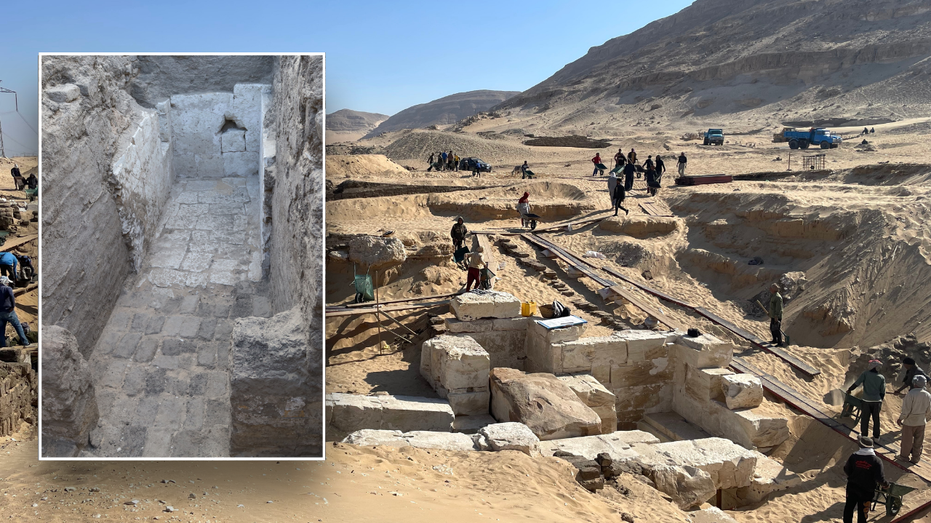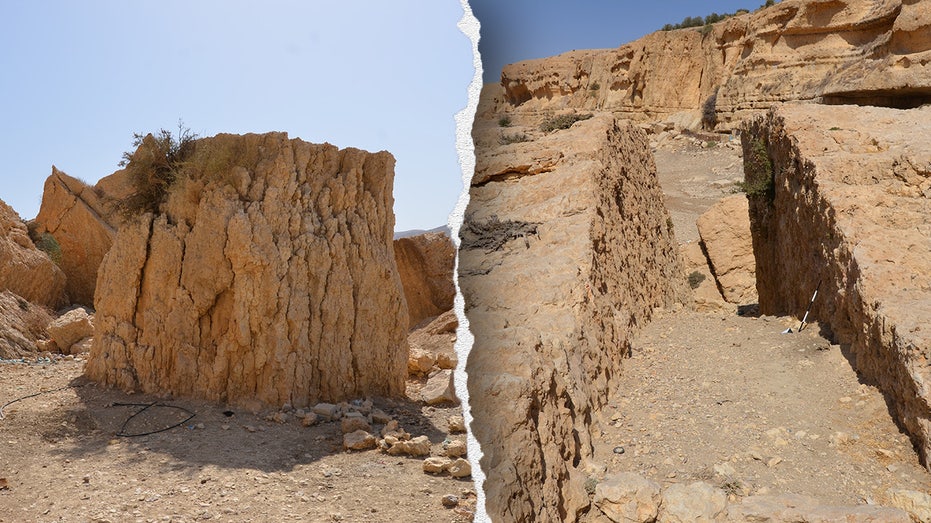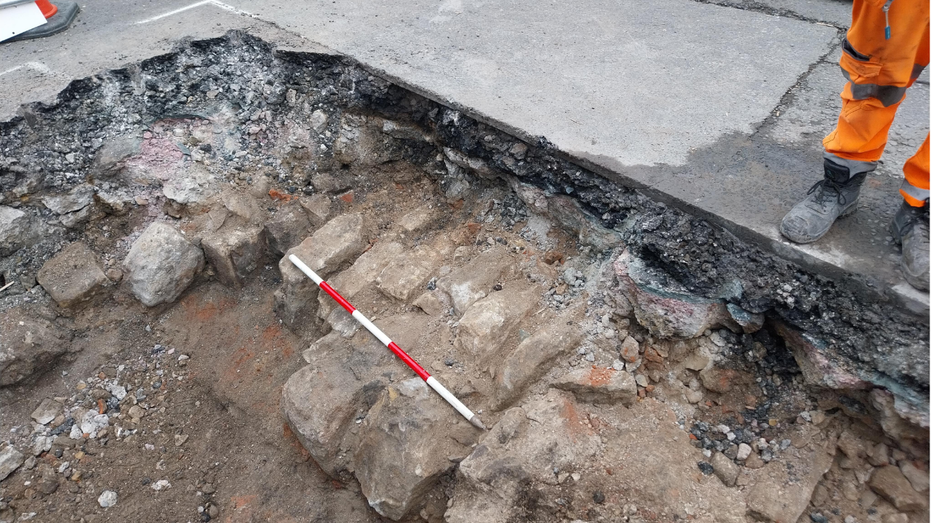Archaeologists Uncover Tomb of Lost Pharaoh in Egypt, Stirring Ancient Mysteries

Sarah Johnson
April 4, 2025
Brief
Archaeologists have discovered a lost tomb of an unknown pharaoh near Abydos, Egypt, shedding light on the mysterious Abydos dynasty from the Second Intermediate Period.
Archaeologists have unearthed a long-lost tomb belonging to an unknown pharaoh in Egypt, unlocking mysteries from a forgotten era of history.
The tomb, buried 23 feet underground near Abydos, dates back 3,600 years to the Second Intermediate Period of Egyptian history. The discovery, announced by the Penn Museum in Philadelphia, reveals a decorated entryway and mudbrick vaults that hint at the grandeur of this secretive ruler's burial site.
The excavation, led by Dr. Josef Wegner of the University of Pennsylvania, has stirred excitement in the archaeological community. Wegner described the pharaoh as part of the Abydos dynasty, a lesser-known lineage of kings who ruled during a time when Egypt was fragmented into rival kingdoms. Sadly, the tomb contained no human remains or funerary equipment, and the name of the pharaoh has been lost due to damage done over centuries.
"It’s like a mystery novel unfolding beneath the sands," Wegner remarked. "While ancient tomb robbers were thorough in their plundering, they clearly weren’t thinking about future archaeologists trying to piece together history." Translation: they didn't exactly leave a considerate "Sorry we robbed the place" note.
Despite the setbacks, Wegner is optimistic that further excavations may uncover additional artifacts, such as canopic jars or stone vessels that could reveal the pharaoh's name. He noted the potential for more tombs in the vicinity, possibly holding treasures overlooked by ancient looters.
The discovery echoes Wegner’s 2014 finding of another pharaoh’s tomb, belonging to Senebkay, also of the Second Intermediate Period. This new tomb, however, is described as larger and more elaborate, making it a standout archaeological achievement.
The Second Intermediate Period, spanning roughly 1650 to 1570 B.C., was a chaotic era in Egyptian history, marked by fragmented rule and rival kingdoms. Yet, it laid the foundation for the rise of the New Kingdom, often considered the golden age of the pharaohs.
While the tomb itself may have been robbed of its riches, its limestone burial chamber remains an architectural marvel, featuring a deep shaft entrance system that speaks to the sophistication of its builders. Wegner and his team plan to study the surrounding terrain for further evidence, hoping to better understand the Abydos dynasty and its role in shaping Egyptian history.
This discovery comes on the heels of another major find: the tomb of King Thutmose II, unearthed weeks ago, marking the first royal tomb discovery since King Tutankhamen’s in 1922. Egypt continues to captivate the world with its layers of history just waiting to be revealed.
Topics
Editor's Comments
What’s fascinating here is how history literally hides in plain sight until someone digs a bit deeper—pun intended. The Abydos dynasty seems like Egypt’s forgotten chapter, overshadowed by the more glamorous New Kingdom. Imagine being a ruler whose name is erased, not by time but by tomb robbers who didn’t care for hieroglyphs. It’s almost poetic, isn’t it?
Like this article? Share it with your friends!
If you find this article interesting, feel free to share it with your friends!
Thank you for your support! Sharing is the greatest encouragement for us.



